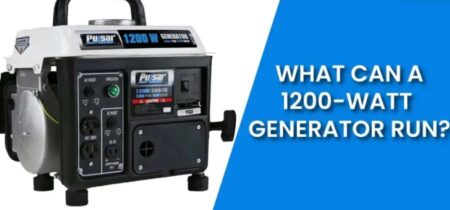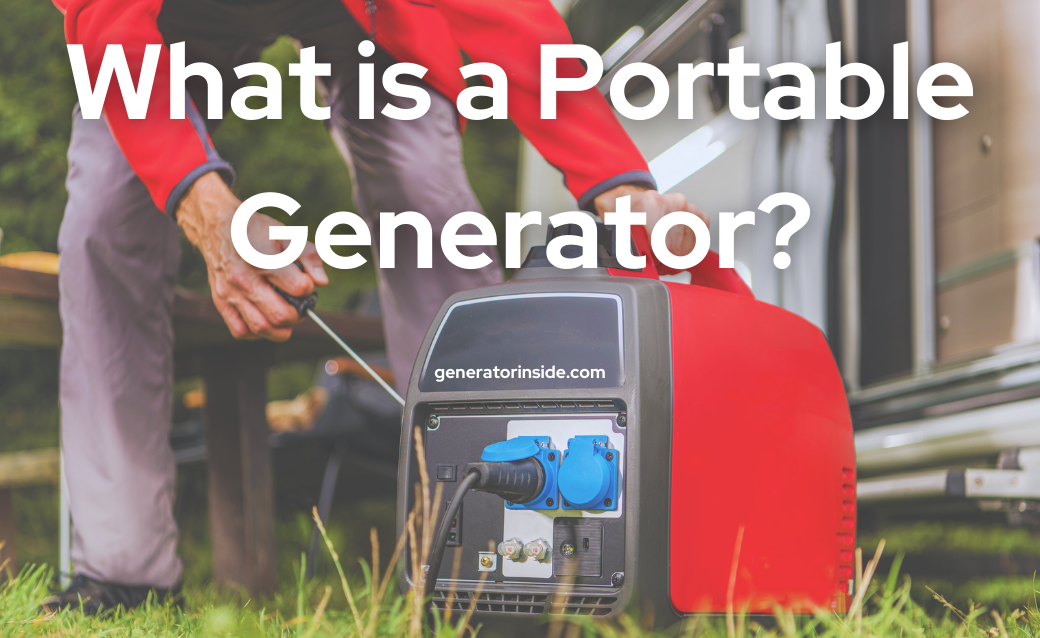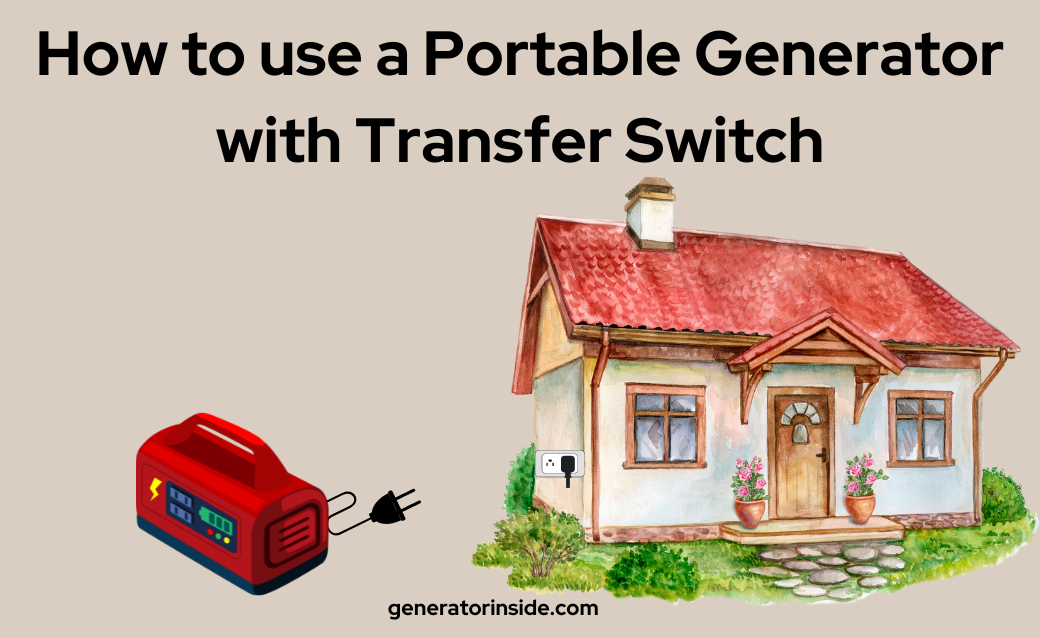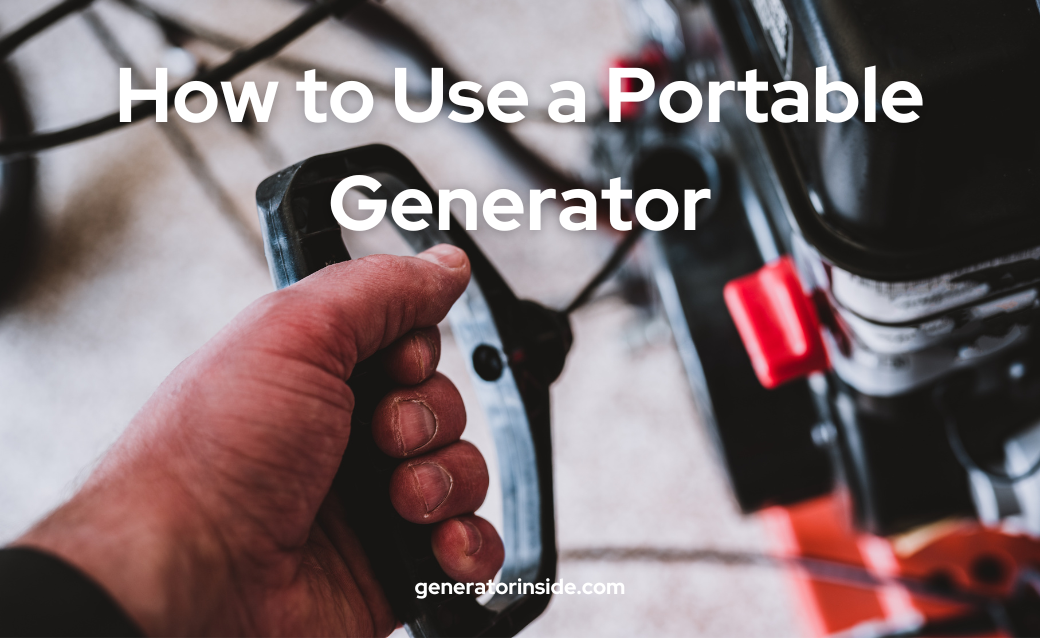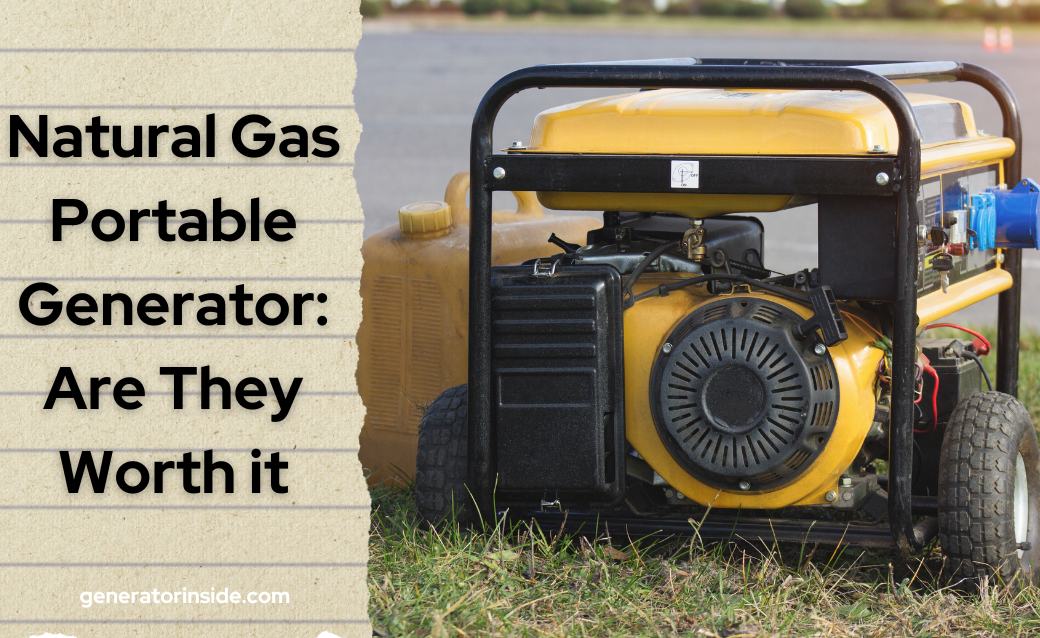
Natural gas portable generator have become increasingly popular in recent years, as they offer an efficient and eco-friendly solution for powering homes, businesses, and outdoor events. According to the U.S. Energy Information Administration (EIA), natural gas accounts for approximately 39.8% of the total electricity generation in the United States as of 2023. While natural gas generators are commonly used for backup power in stationary installations, the growing demand for portable options has led to the development of compact and lightweight models that can be easily transported and utilized in various settings.
Do Any Portable Generators Run on Natural Gas?
Yes, there are portable generators that run on natural gas, offering an alternative to traditional gasoline and diesel-powered models. The popularity of natural gas portable generators has grown over the years, driven by their lower emissions, cost-effectiveness, and fuel availability. Major generator manufacturers such as Generac, Cummins, and Champion have recognized this demand and now offer a range of natural gas portable generators catering to various power needs and applications.
For example, the Generac GP15000E is a popular portable generator model capable of running on natural gas, with a power output of 15,000 watts, making it suitable for larger power demands. Similarly, the Cummins Onan P4500i is a smaller model with a power output of 4,500 watts, designed for more modest power needs while maintaining portability and fuel efficiency.
In addition to single-fuel natural gas models, there are also dual-fuel and tri-fuel portable generators available, which can run on a combination of natural gas, propane, and gasoline. The Champion 100165 model, for instance, is a dual-fuel portable generator with a power output of 7,500 watts and can run on either natural gas or gasoline, providing users with fuel flexibility and convenience.
Although natural gas portable generators are not as widely available as gasoline or diesel models, their market share is steadily growing. With increasing environmental concerns and advancements in generator technology, it is likely that the natural gas portable generator segment will continue to expand, offering consumers more options to meet their portable power needs.
How Much Does a Natural Gas Portable Generator Cost?
The cost of a natural gas portable generator can vary significantly based on factors such as power output, brand, features, and fuel type. Generally, natural gas portable generators can range in price from around $500 for smaller, lower-power models to over $3,000 for larger, more powerful units.
For instance, the Cummins Onan P4500i, a 4,500-watt natural gas portable generator, is priced at around $1,100, while the Generac GP15000E, a more powerful 15,000-watt model, can cost around $2,800. It’s important to note that these prices are approximate and can vary depending on the retailer, location, and time of purchase.
Dual-fuel and tri-fuel generators, which offer the flexibility to run on natural gas, propane, and gasoline, may have a slightly higher price tag due to their additional fuel capabilities. The Champion 100165, a 7,500-watt dual-fuel portable generator, is priced at approximately $1,200, reflecting the added convenience and versatility of its fuel options.
When considering the cost of a natural gas portable generator, it’s essential to factor in the long-term operating costs, which may include fuel, maintenance, and potential repairs. Natural gas is generally more cost-effective than gasoline. This can result in significant fuel cost savings over time, particularly for users with frequent or extended generator usage.
| Generator Power Output(Watts) Price(USD) Fuel Type |
| Cummins Onan P4500i 4500 1100 Natural Gas |
| Generac GP15000E 15000 2800 Natural Gas |
| Champion 100165 7500 1200 Dual-Fuel(Natural Gas/Gasoline |
Advantages and Disadvantages of Natural Gas Generators
Pros
1. Lower emissions: According to the Environmental Protection Agency (EPA), natural gas generators produce up to 30% less carbon dioxide than gasoline generators, making them a more eco-friendly option for power generation.
2. Fuel availability and cost-effectiveness: Natural gas is often more affordable and accessible than other fuels, resulting in long-term cost savings.
3. Quieter operation: Natural gas generators tend to produce less noise compared to gasoline or diesel generators, making them more suitable for residential use and areas with strict noise regulations.
4. Longer engine life: Natural gas burns cleaner than gasoline or diesel, leading to less engine wear and potentially longer engine life. This can result in reduced maintenance costs and a longer lifespan for the generator.
5. Dual-fuel and tri-fuel flexibility: Some natural gas generators can also run on propane or gasoline, providing users with additional fuel options and convenience. For example, the Champion 100165 is a 7,500-watt dual-fuel portable generator that can run on either natural gas or gasoline.
Cons
1. Limited portability: While there are portable natural gas generators available, such as the Cummins Onan P4500i and Generac GP15000E, their availability and variety are not as extensive as gasoline or diesel models.
2. Dependency on fuel supply infrastructure: Natural gas generators rely on a stable supply of natural gas, which may be disrupted in emergencies or natural disasters. This could pose challenges for users who require a consistent power source during such events.
3. Lower energy density: Natural gas has a lower energy density than gasoline or diesel, which can result in lower overall efficiency and reduced runtimes for some models. This may affect the generator’s suitability for long-duration power needs.
4. Higher upfront cost: Natural gas generators can be more expensive initially compared to gasoline or diesel generators. For example, the Cummins Onan P4500i, a natural gas portable generator, is priced at around $1,100, while a comparable gasoline model might cost around $900. However, long-term operating costs, including fuel and maintenance, may be lower for natural gas generators.
5. Potential installation complexity: Natural gas generators, particularly stationary models, may require professional installation for connection to a natural gas line. This could result in additional expenses and complexity compared to gasoline or diesel generators that do not require such connections.
How to Choose the Right Capacity and Size of a Natural Gas Portable Generator?
Choosing the right capacity for your natural gas portable generator is crucial to ensure that it can meet your power needs while maintaining efficiency and avoiding potential damage to the generator or connected devices. Here are some key factors to consider when selecting the appropriate generator size:
- Calculate your power needs
Begin by listing all the devices and appliances you plan to power using the generator. Check each item’s wattage, which can usually be found on the product label or in the user manual. Add up the total wattage of all devices to determine your total power requirement. For example, if you need to power a refrigerator (800 watts), a window air conditioner (1,200 watts), and a few lights (300 watts), your total power requirement would be 2,300 watts.
- Consider starting watts
Many appliances have higher starting wattage requirements than their running wattage. This is particularly true for devices with electric motors, such as air conditioners, refrigerators, and sump pumps. Make sure to account for the highest starting wattage requirement when calculating your total power needs. If your refrigerator has a starting wattage of 1,600 watts, your total power requirement would now be 3,100 watts (1,600 + 1,200 + 300).
- Factor in a safety margin
To avoid overloading your generator and ensure smooth operation, it’s a good practice to add a safety margin of 20-25% to your calculated power needs. Add a 25% safety margin and that would bring the total power requirement to 3,875 watts (3,100 x 1.25).
- Choose a generator with a suitable capacity
Once you have determined your power needs, select a generator with a capacity that matches or slightly exceeds your requirements. A generator with a power output of 4,000 watts would be an appropriate choice. Popular natural gas portable generators with different capacities include the Cummins Onan P4500i (4,500 watts) and the Generac GP15000E (15,000 watts).
Safety Tips for Operating a Natural Gas Portable Generator
Operating a natural gas portable generator safely is crucial to prevent accidents, protect your property, and ensure the well-being of those around you. Here are some important safety tips to follow when using a natural gas portable generator:
- Proper ventilation: Always operate the generator in a well-ventilated area to avoid the build-up of harmful exhaust gases, such as carbon monoxide. The Consumer Product Safety Commission (CPSC) recommends placing generators at least 20 feet away from your home or any occupied spaces, with the exhaust directed away from any doors, windows, or vents.
- Follow the manufacturer’s guidelines: Carefully read the generator’s user manual and follow all guidelines provided by the manufacturer regarding installation, operation, and maintenance. This ensures that you are using the generator correctly and reduces the risk of accidents or damage.
- Use appropriate power cords: Use heavy-duty, outdoor-rated extension cords that are approved by the Underwriters Laboratories (UL) or another recognized testing laboratory. Ensure the cords have the appropriate gauge and length for your specific generator and power requirements.
- Avoid overloading: Never exceed the generator’s maximum power capacity, as this can cause overheating, damage to the generator, or potentially pose a fire hazard. Calculate your power needs and choose a generator with a suitable capacity, as discussed in the previous section on generator sizing.
- Regular maintenance: Perform regular maintenance on your generator, including checking for any gas leaks, inspecting fuel lines, and changing the oil and air filters as per the manufacturer’s recommendations. This helps to ensure that your generator operates safely and efficiently.
- Grounding: Properly ground your generator according to the manufacturer’s instructions and local electrical codes to reduce the risk of electrical shocks. This may involve connecting the generator’s grounding terminal to a grounding rod or another approved grounding method.
- Install carbon monoxide alarms: Place battery-operated or battery-backup carbon monoxide (CO) alarms in your home to alert you to dangerous CO levels. Install CO alarms on every level of your home, outside each sleeping area, and inside each bedroom.
- Refuel safely: If you are using a dual-fuel or tri-fuel generator, always turn off the generator and let it cool down before refueling with gasoline or propane. Refueling a hot generator can lead to spills, creating a fire hazard.
- Protect from weather: Keep your generator dry and protected from rain or snow by using a canopy or cover designed for generator use. Never operate the generator in wet conditions, as this can lead to electrocution or short circuits.
Natural Gas vs. Propane and Gasoline Generators: A Comparison
| Feature Natural Gas Propane Gasoline |
| Price Typically more expensive Typically less expensive Typically less expensive |
| Effeciency More efficient than other two Lesss efficient than other two Less efficient than other two |
| Power Can be less powerful than propane and gasoline More powerful than other two More powerful than other two |
| Portability Less portable More portable More portable |
| Maintenance Less maintenance More maintenance More Maintenance |
| Noise Level Quieter Louder Louder |
| Availability Less available More available More available |
Is a Natural Gas Portable Generator Worth it?
Yes, Natural gas generators are an alternative to gasoline or diesel-powered generators, as they run on natural gas instead of traditional fuels. They offer greater fuel efficiency and lower maintenance requirements compared to gasoline generators. Natural gas and propane-fired generators eliminate fuel storage concerns, as these fuels do not degrade over time. Some portable generators are designed to work with multiple fuels.
If you are thinking about buying a natural gas generator, consider the following factors:
- Runtime – How long do you need your generator to operate? For extended runtimes, choose a generator with a larger fuel storage capacity.
- Load capacity – The total power demand of all the appliances in your home determines the required generator size. Make sure the generator you choose can handle the necessary load.
- Durability – Opt for a generator with protective features such as low oil shutdown and overload protection to prevent damage and ensure longevity.
- Cost – Consider your budget for both the initial purchase and ongoing operation expenses when selecting a generator.
- Noise levels – Choose a generator with a quiet engine to avoid disturbances during events or daily activities.
- Maintenance – Keep in mind that natural gas generators may require more maintenance and potential downtime compared to other types.
Also Read:
How To Run a Hydrogen Power Generator to Power Your House?
How to Use a Generator During a Power Outage
What is a Small Portable Generator
How Much Does a Generac Solar Generator Cost
How to Use a Portable Generator
What type of Solar Power Generator for Home are best in 2023





